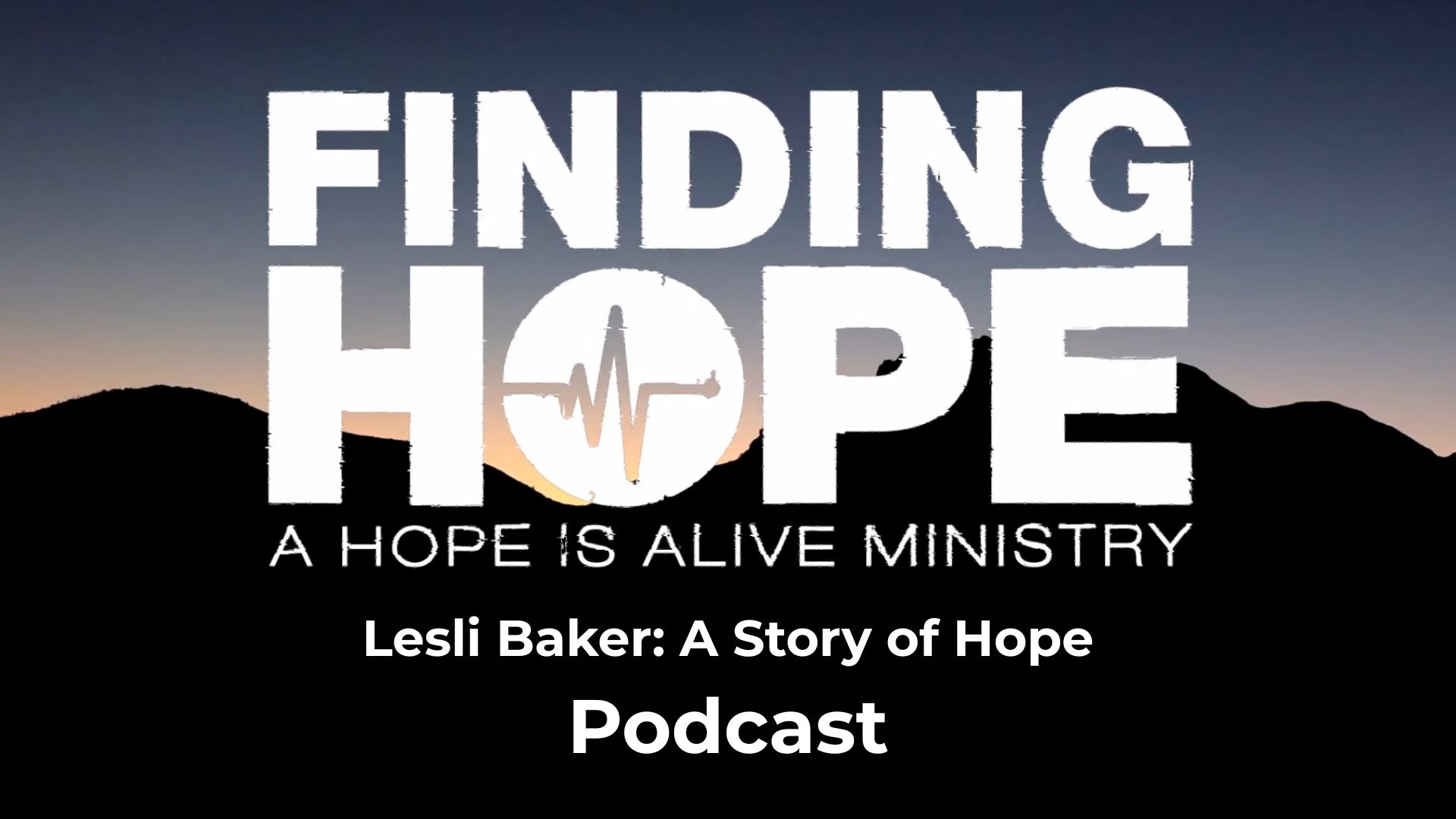
Fruit of the Spirit: Kindness and Goodness

Kindness and Goodness
“But the fruit of the Spirit is love, joy, peace, patience, kindness, goodness, faithfulness, gentleness, self-control; against such things there is no law. And those who belong to Christ Jesus have crucified the flesh with its passions and desires. If we live by the Spirit, let us also keep in step with the Spirit. Let us not become conceited, provoking one another, envying one another.” Galatians 5:22–26
Kindness
Kindness is defined as “the quality of being friendly, generous, and considerate.”
Matthew 5:44 says, “But I tell you, love your enemies and pray for those who persecute you.”
Kindness begins by loving and praying for others, but it can be hard to show kindness when others are not kind to you. When our loved ones are in active addiction, they don’t always treat us kindly, which makes it more difficult to show them kindness. So, how do we do that when we might feel resentful, angry, and frustrated? You can:
- Avoid judgmental attitudes or blaming. Instead, offer a non-judgmental and safe space where they can share their thoughts and feelings without fear of criticism.
- Offer encouragement and reassurance. Let them know you love them and are praying for them.
- Show yourself kindness by investing in your own recovery and yourself.
“Remember, O Lord, thy tender mercies and thy loving kindnesses; for they have been ever of old.” Psalm 25:6
Goodness
When we act out of the true goodness of the heart and reflect the fruit of the Spirit, we are obedient to God’s commandments. Goodness can often be seen in our actions, but our heart also has to be pure. The goodness of Christ is to be demonstrated in our lives every day. Psalm 23:6 says, “Surely goodness and mercy shall follow me all the days of my life, and I shall dwell in the house of the Lord forever.”
When we love someone in addiction, we must be careful that these actions do not enable our loved one but rather help them. We also need to make sure our motives and hearts are in the right place and our goodness isn’t for an ulterior motive (if I do this, then they will…). Here are a few ways we can show the fruit of the Spirit of goodness with our loved ones:
- It's essential to set boundaries that protect your own well-being, as well as to protect the well-being of your loved ones. Boundaries can help maintain a sense of goodness and integrity.
- It’s beneficial to seek your own recovery, even if your loved one is sober.
- Remember to stop, pause, and pray before you respond.
- Know the difference between helping and enabling. Helping is doing for others what they truly cannot do for themselves; enabling is doing things for others that they should be able to do for themselves.
For more information, visit:




